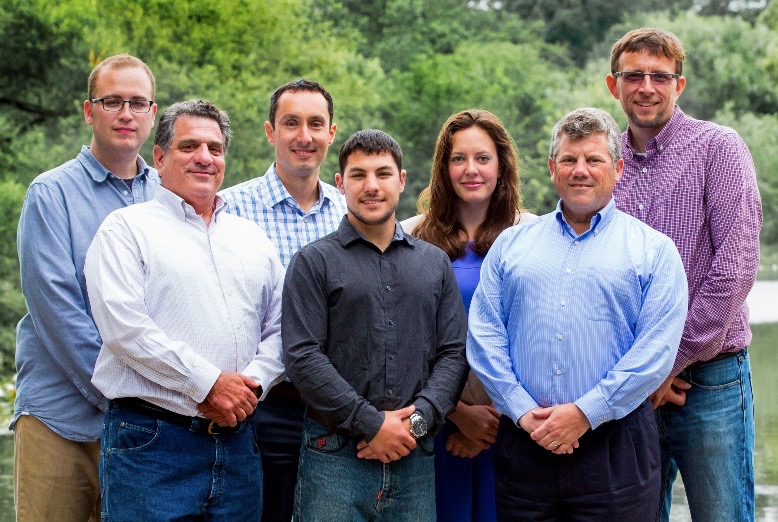When it comes to running an ecommerce company, Rob Wray knows the struggle.
With Mp3Car.com, he saw how errors like sending the wrong product or a wrong part could impede growth. The little mistakes added up. With each error, customer feedback declined to 85-90 percent. And of course there were the costs.
“If you make a mistake on shipping to Spain, it’s very, very expensive,” Wray said.
As he looked for ways to cut those mistakes and get more control of his inventory in the meantime, Wray turned to his IT background.
“I started looking around at everything we did that was a manual process, and thought about, ‘How can we automate this?'” he said.
The company built software to make sure that orders were perfect before they were shipped, and produce business analytics across different channels where the products were sold, as well as the warehouses where the products were shipped.
“We ended up quadrupling revenue and substantially reducing our costs,” he said. They were also able to ship more products due to streamlining the processes.
With how it changed their own business, Wray saw an opening to help other businesses, as well. He received funding from TEDCO to build on the idea for a new business entirely.
Whitebox launched last month.
During the year-plus before the launch, the startup’s team grew to about 12 total people, and relocated from the Emerging Technology Centers to offices in Canton. They worked on automating more processes, eventually landing with a platform that the company believes can perform all the tasks that an ecommerce manager would perform.
Wray said there are many ecommerce tools to address individual processes, but Whitebox’s goal is to “turn every single problem we have with an order into a process to make sure it doesn’t happen again.” Whitebox takes 10 percent of gross sales, which Wray thinks is cheaper than trying to put together similar solutions from scratch.
The company is shipping products for companies from a warehouse in East Baltimore, where a team uses the company’s software. It’s not climate-controlled, so there aren’t any perishable items allowed yet. And anything that is custom-made, or bigger than a kayak also presents an issue. But the company thinks it can handle most anything else. One early adopter, for instance, was Glee Gum.
“With this really small team, we’re shipping 400 orders a day, we have inventory in five countries, we sell in six languages, we’re adding one new client a day,” Wray said.
Before you go...
Please consider supporting Technical.ly to keep our independent journalism strong. Unlike most business-focused media outlets, we don’t have a paywall. Instead, we count on your personal and organizational support.
Join our growing Slack community
Join 5,000 tech professionals and entrepreneurs in our community Slack today!

A new model for thinking about how to grow regional economies: the Innovation Ecosystem Stack

Can the nation’s biggest cyber hub even handle Craiglist founder’s $100M security pledge?

20 tech community events in October you won’t want to miss


